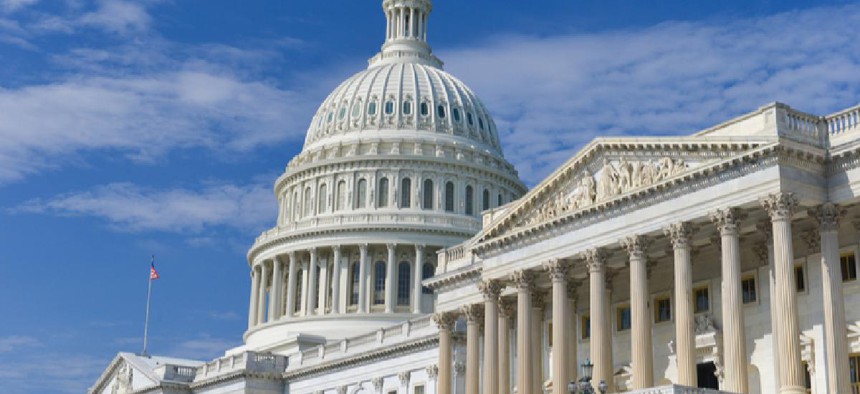Wyden wants better cyber protections for lawmakers, staff

Congressional cybersecurity personnel may be barred from using appropriated funds to protect the personal email and devices of members and staff, according to a letter by Sen. Ron Wyden (D-Ore.).

While the federal government and Congress offer a variety of cybersecurity resources to members and staff, they are apparently unable to make use of one resource that oversees Senate security, the U.S. Senate Office of the Sergeant at Arms, to protect their personal devices and accounts.
In a Sept. 19 letter to Senate leaders, Ron Wyden (D-Ore.) complained that cybersecurity personnel for the Sergeant at Arms office recently rebuffed requests for assistance made by unnamed senators and staff after they learned their personal devices and email were being targeted by nation-state hacking groups.
At least one major tech company, Wyden wrote, has been warning senators and staff that their personal accounts and devices were being targeted by nation-state hacking groups. Google later confirmed to AP that it had alerted Senate targets.
Wyden wrote that he was "alarmed" to hear from Sergeant at Arms office cybersecurity personnel that they believe they "may only use appropriated funds to protect official government devices and accounts."
Noting that the Department of Defense and intelligence community provide resources for employees to protect their personal digital communications, Wyden said he plans to introduce legislation to extend the cybersecurity authority of the Sergeant at Arms to the personal devices and email accounts used by members of Congress.
He cited an April 2018 letter from former NSA Director Michael Rogers calling personal devices and accounts for senior government officials "prime targets for exploitation."
In 2016, Linus Barloon, currently director of cybersecurity at the Office of the Sergeant at Arms, characterized his authority to mandate security protocols for individual members and staff as limited, because members have a large degree of autonomy over their own systems and networks.
"You can kind of look at it like state police," said Barloon. "We're responsible for securing the roads, securing the alleys, securing the streets and securing all those types of functions, but our security to some degree stops at the doorstep of the member's office," he said.
NEXT STORY: SEC shuffle: CIO, top cyber adviser to step down


